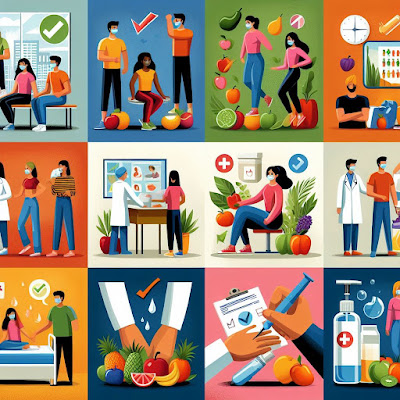Introduction: The Power of Knowledge
Health education programs serve as catalysts for change, empowering individuals and communities with the knowledge and skills to make informed decisions about their health. From promoting healthy lifestyles to preventing disease and addressing social determinants of health, these programs play a vital role in fostering a culture of wellness. In this comprehensive guide, we delve into the importance of health education programs, their objectives, strategies, and impact on individual behaviors and population health.
 |
| Health Education Programs |
Defining Health Education Programs: Building Health Literacy
Health education programs encompass a range of initiatives designed to promote health, prevent disease, and improve well-being through educational interventions. These programs target various audiences, including schools, workplaces, healthcare settings, and community organizations, and cover a wide range of topics, from nutrition and physical activity to mental health and chronic disease management. By equipping individuals with the knowledge and skills they need to make healthy choices, health education programs aim to enhance health literacy and empower individuals to take control of their well-being.










